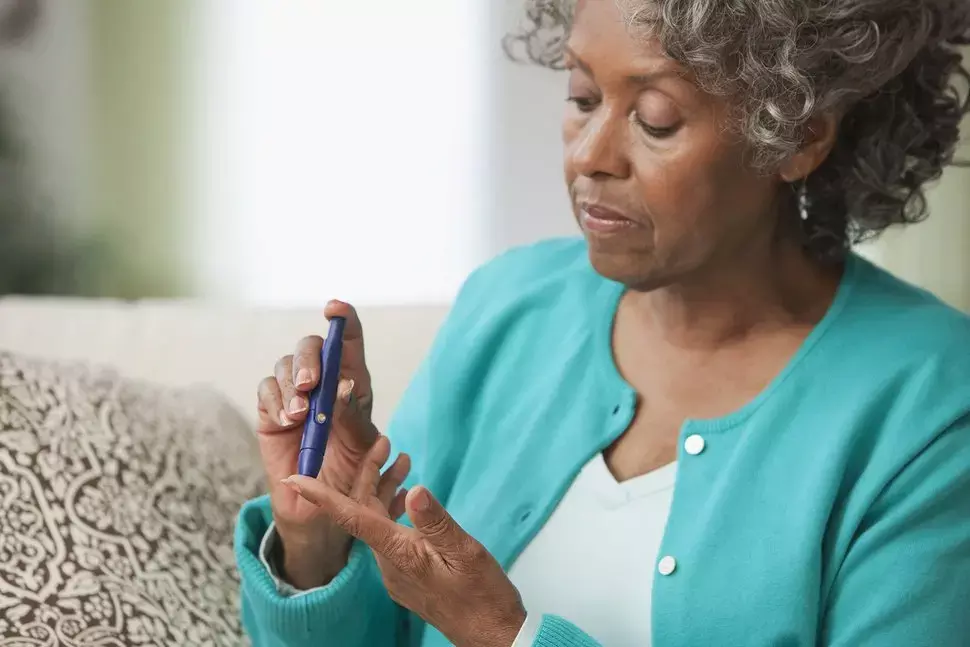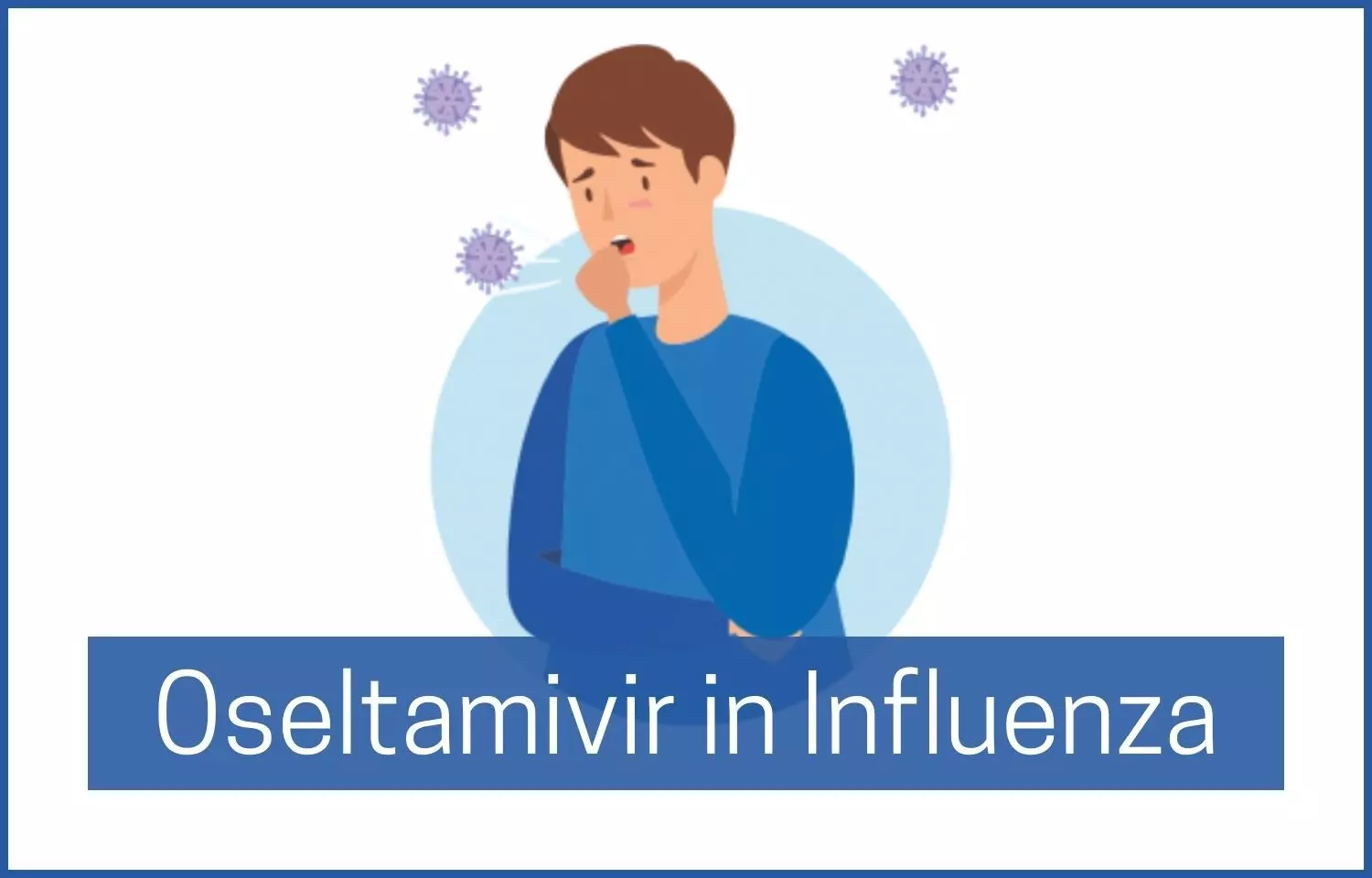- Home
- Medical news & Guidelines
- Anesthesiology
- Cardiology and CTVS
- Critical Care
- Dentistry
- Dermatology
- Diabetes and Endocrinology
- ENT
- Gastroenterology
- Medicine
- Nephrology
- Neurology
- Obstretics-Gynaecology
- Oncology
- Ophthalmology
- Orthopaedics
- Pediatrics-Neonatology
- Psychiatry
- Pulmonology
- Radiology
- Surgery
- Urology
- Laboratory Medicine
- Diet
- Nursing
- Paramedical
- Physiotherapy
- Health news
- Fact Check
- Bone Health Fact Check
- Brain Health Fact Check
- Cancer Related Fact Check
- Child Care Fact Check
- Dental and oral health fact check
- Diabetes and metabolic health fact check
- Diet and Nutrition Fact Check
- Eye and ENT Care Fact Check
- Fitness fact check
- Gut health fact check
- Heart health fact check
- Kidney health fact check
- Medical education fact check
- Men's health fact check
- Respiratory fact check
- Skin and hair care fact check
- Vaccine and Immunization fact check
- Women's health fact check
- AYUSH
- State News
- Andaman and Nicobar Islands
- Andhra Pradesh
- Arunachal Pradesh
- Assam
- Bihar
- Chandigarh
- Chattisgarh
- Dadra and Nagar Haveli
- Daman and Diu
- Delhi
- Goa
- Gujarat
- Haryana
- Himachal Pradesh
- Jammu & Kashmir
- Jharkhand
- Karnataka
- Kerala
- Ladakh
- Lakshadweep
- Madhya Pradesh
- Maharashtra
- Manipur
- Meghalaya
- Mizoram
- Nagaland
- Odisha
- Puducherry
- Punjab
- Rajasthan
- Sikkim
- Tamil Nadu
- Telangana
- Tripura
- Uttar Pradesh
- Uttrakhand
- West Bengal
- Medical Education
- Industry
Increased dose of Empagliflozin may improve Glycemic control in T2 Diabetes patients

Researchers have found in a recent study that increasing the dose of Empagliflozin in Patients with Type 2 Diabetes significantly improved certain parameters like body weight, body mass index, γ-glutamyl transpeptidase, Triglycerides, fasting plasma glucose, and HbA1c while increasing hematocrit levels. The study was published in the journal, 'Diabetes Therapy, 2022.'
In T2 Diabetes sodium-dependent glucose cotransporter 2 (SGLT2) inhibitors improve the blood glucose levels by inhibiting the reabsorption of glucose from the kidneys and thus increasing urinary glucose excretion. Though the SGLT2 inhibitors show a dose-dependent effect, there is not much research on the benefits of increasing the dose of SGLT2 inhibitors in clinical use. So, researchers from Japan conducted a study to explore the effect of an increased dose of the SGLT2 inhibitor empagliflozin in T2DM.
52 patients with T2DM with inadequate glycemic control participated in the study. The dose of empagliflozin was increased to 25 mg from 10 mg once a day and the alterations in the glycemic control and other parameters were analyzed.
Results:
Significant improvement in glycemic control was seen with an increased dose of empagliflozin.
Parameters like body weight (BW), body mass index (BMI), triglyceride (TG), and γ-glutamyl transpeptidase (GGT) were significantly decreased and hematocrit (Hct) was increased.
Baseline diastolic blood pressure (DBP) and baseline TG were retained as independent predictors for the improvement of HbA1c levels as per the Multivariate logistic regression analyses.
Multivariate stepwise regression analyses revealed that changes in high-density lipoprotein cholesterol and HbA1c were retained as independent predictors for changes in BMI.
Thus, the researchers concluded that significant amelioration of BW, BMI, GGT, TG, fasting plasma glucose, and HbA1c were achieved with an increased dosage of empagliflozin along with increased Hct in patients with T2DM. Furthermore, baseline DBP and TG were independent predictors for the improvement of HbA1c. They also added that these findings suggest altering the dosage of the drug in inadequately controlled T2 diabetics.
To read the full article, click here: https://doi.org/10.1007/s13300-022-01296-y
Matsumura T, Makabe T, Ueda S, et al. Clinical Benefit of Switching from Low-Dose to High-Dose Empagliflozin in Patients with Type 2 Diabetes [published online ahead of print, 2022 Jul 15]. Diabetes Ther. 2022;10.1007/s13300-022-01296-y.
BDS, MDS
Dr.Niharika Harsha B (BDS,MDS) completed her BDS from Govt Dental College, Hyderabad and MDS from Dr.NTR University of health sciences(Now Kaloji Rao University). She has 4 years of private dental practice and worked for 2 years as Consultant Oral Radiologist at a Dental Imaging Centre in Hyderabad. She worked as Research Assistant and scientific writer in the development of Oral Anti cancer screening device with her seniors. She has a deep intriguing wish in writing highly engaging, captivating and informative medical content for a wider audience. She can be contacted at editorial@medicaldialogues.in.
Dr Kamal Kant Kohli-MBBS, DTCD- a chest specialist with more than 30 years of practice and a flair for writing clinical articles, Dr Kamal Kant Kohli joined Medical Dialogues as a Chief Editor of Medical News. Besides writing articles, as an editor, he proofreads and verifies all the medical content published on Medical Dialogues including those coming from journals, studies,medical conferences,guidelines etc. Email: drkohli@medicaldialogues.in. Contact no. 011-43720751




